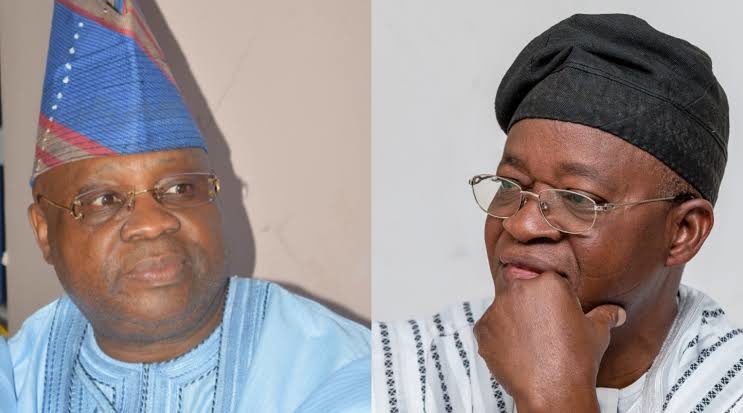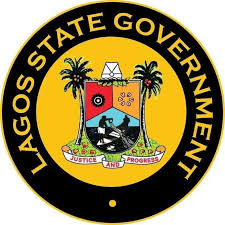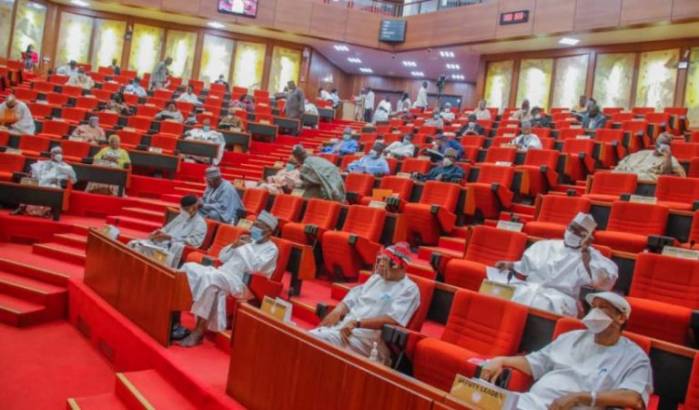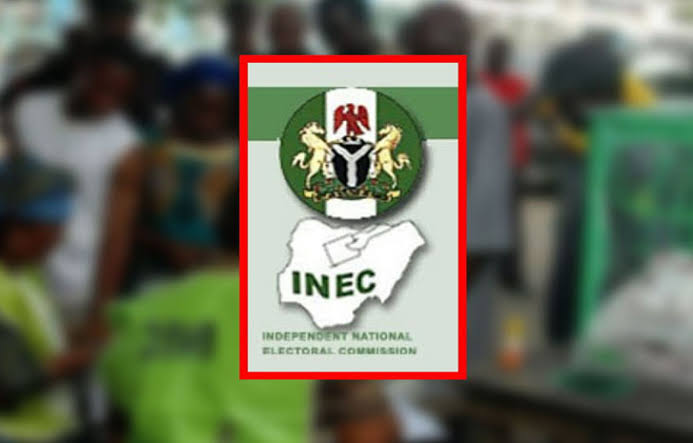The Osun state governor, Adegboyega Oyetola of the All Progressives Congress, APC, and the Peoples Democratic Party, PDP, governorship candidate in the September 2018 Osun governorship election must be waiting anxiously to know the mind of the Court of Appeal on who won the disputed election.
The Abuja division of the court will today, Thursday, May 9, deliver judgments in three appeals and one cross-appeal filed against the judgment of the Osun State Governorship Election Tribunal which on March 22, declared Adeleke winner of the election in a split decision of two to one.
The court had on Wednesday sent the hearing notices to parties in the suits.
Recall that the tribunal had, in the majority judgment, upheld the petition by the PDP and its candidate in the governorship election held in the state on September 22 and 27, 2018, and declared Sen. Ademola Adeleke winner, reversing the victory of the APC and its candidate, Adegboyega Oyetola.
Oyetola, APC and the Independent National Electoral Commission, INEC, dissatisfied with the decision filed three separate appeals seeking to have the judgment set aside while Adeleke filed a across-appeal challenging a portion of the decision.
At the hearing of the appeals on April 24, Oyetola, the APC and INEC prayed the five-man panel of the Court of Appeal, headed by Justice Jummai Sankey, to set aside the majority decision of the tribunal, uphold their appeals and dismiss the October 16, 2018 petition by Adeleke and the PDP.
They equally urged the court to dismiss the cross-appeal filed by Adeleke, on the grounds that it lacked merit.
Wole Olanipekun, SAN , representing Oyetola, said the reasons on which the tribunal relied in reaching the judgment appealed against was faulty, arguing that the decision was not supported by the evidence led by the petitioners.
He prayed the court to void the judgment because Justice Peter Obiorah, who wrote and delivered it did not participate in all the proceedings of the tribunal contending that “the judge, who did not sit, came to write the leading judgment and reviewed the evidence of the February 6, 2019 proceedings where he was absent.”
Counsel to APC Akin Olujinmi, SAN, argued that the tribunal was wrong to have allowed the petition, which he said was incurably incompetent.
He pointed out that Adeleke and his party had sought to be declared winner of the election, held on September 22, 2018, which was declared inconclusive by INEC while they asked the tribunal to void the rerun of September 27, 2018, because it was unlawful.
Based on that he said they cannot therefore say they should be declared winners of the election they said was unlawful and void.
Olujinmi argued that the tribunal exceeded its jurisdiction when it engaged in amending the petitioners’ reliefs to make them grantable.
INEC’s lawyer Yusuf Ali, SAN, arguing in like manner said that the tribunal erred in its majority judgment, particularly as regards non-compliance.
He contended that the tribunal, having found that accreditation was properly done and that all witnesses agreed that the votes scored were not affected by the omissions noted in some result sheets, ought not to have voided any results.
READ ALSO: We are Probing Saraki Based on Indicting Evidence, Documents— EFCC
He also argued that since the tribunal held that the petitioners did not prove over-voting and non-compliance, it ought not to have turned around to void votes in some polling units.
Counsel to Adeleke and the PDP, Onyechi Ikpeazu, SAN, disagreed with the three appeals and the arguments of the three counsel arguing that the tribunal was right in its decision to have declared Adeleke and his party winner.
He faulted the argument that Justice Obiorah did not participate in all the proceedings of the tribunal, arguing that there was no sufficient evidence to that effect.
Ikpeazu therefore urged the court to dismiss the three appeals and uphold the judgment of the tribunal.
Kehinde Ogunwumiju, SAN, who argued Adeleke’s cross-appeal, prayed the court to uphold his client’s appeal and reverse the portion of the judgment where the tribunal rejected the petitioner’s evidence in relation to six polling units.
He contended that the tribunal was wrong in excluding some of its evidence, because while it called 23 witnesses to prove its allegation of non-compliance in 23 polling units, the tribunal only upheld 17 where it voided elections.
Olanipekun, Olujinmi and Ali argued that the cross appeal was incompetent on several grounds and urged the tribunal to reject it.











